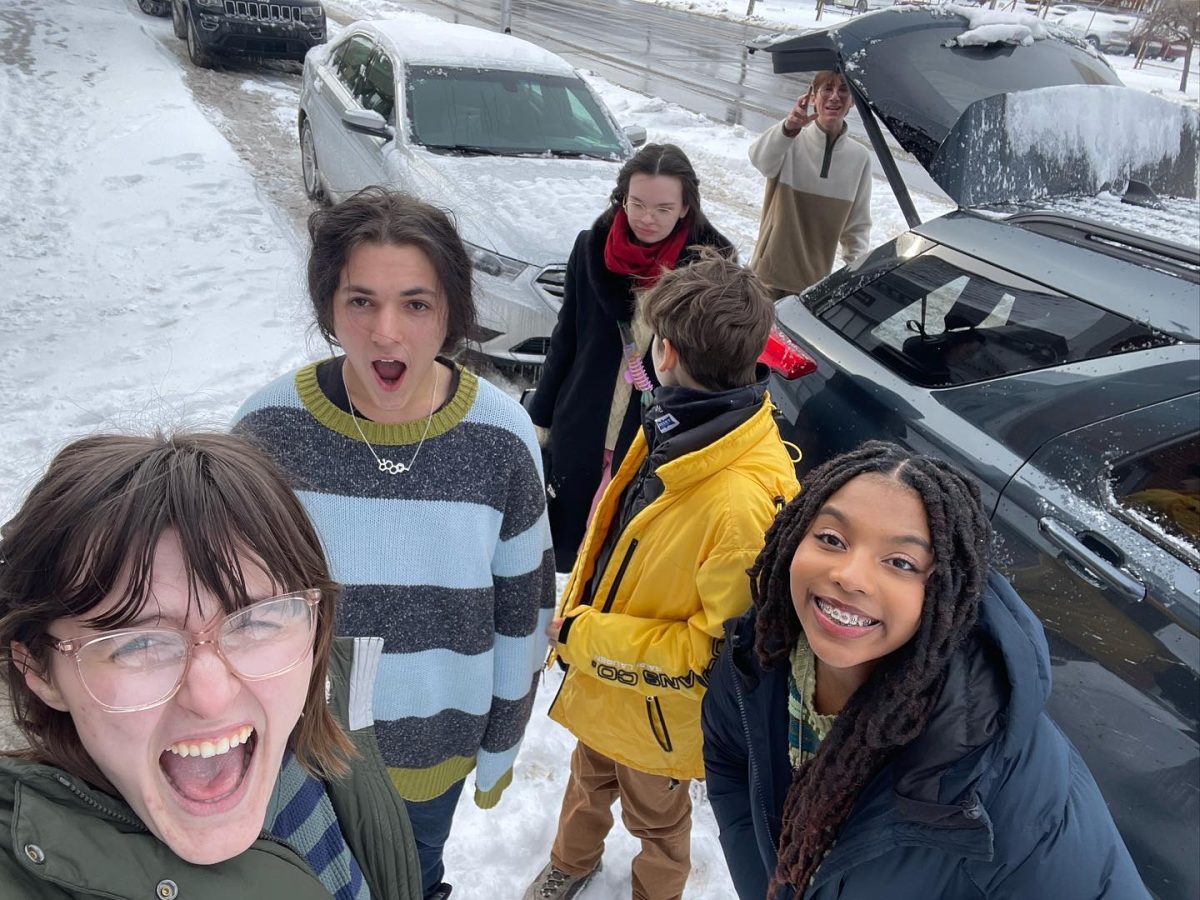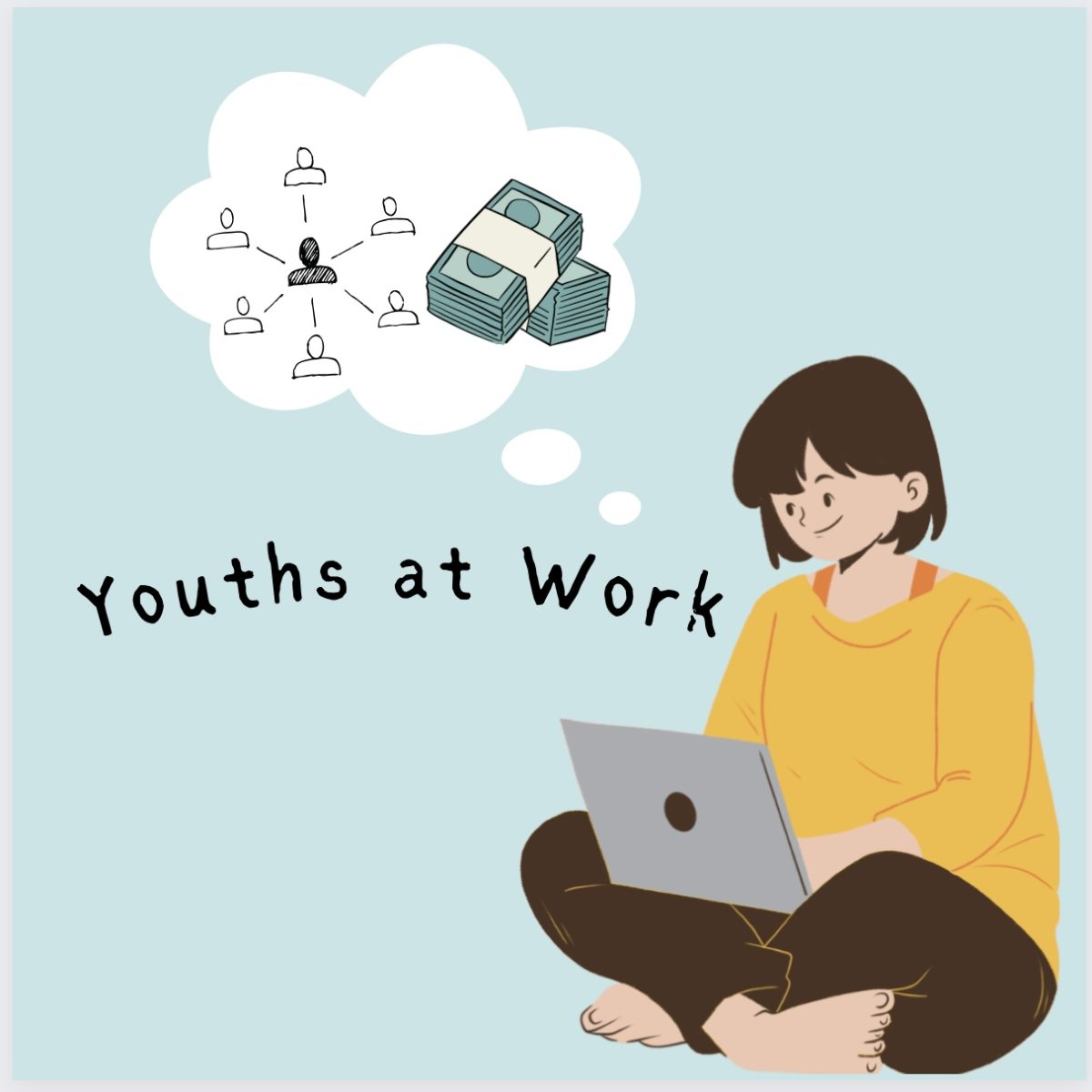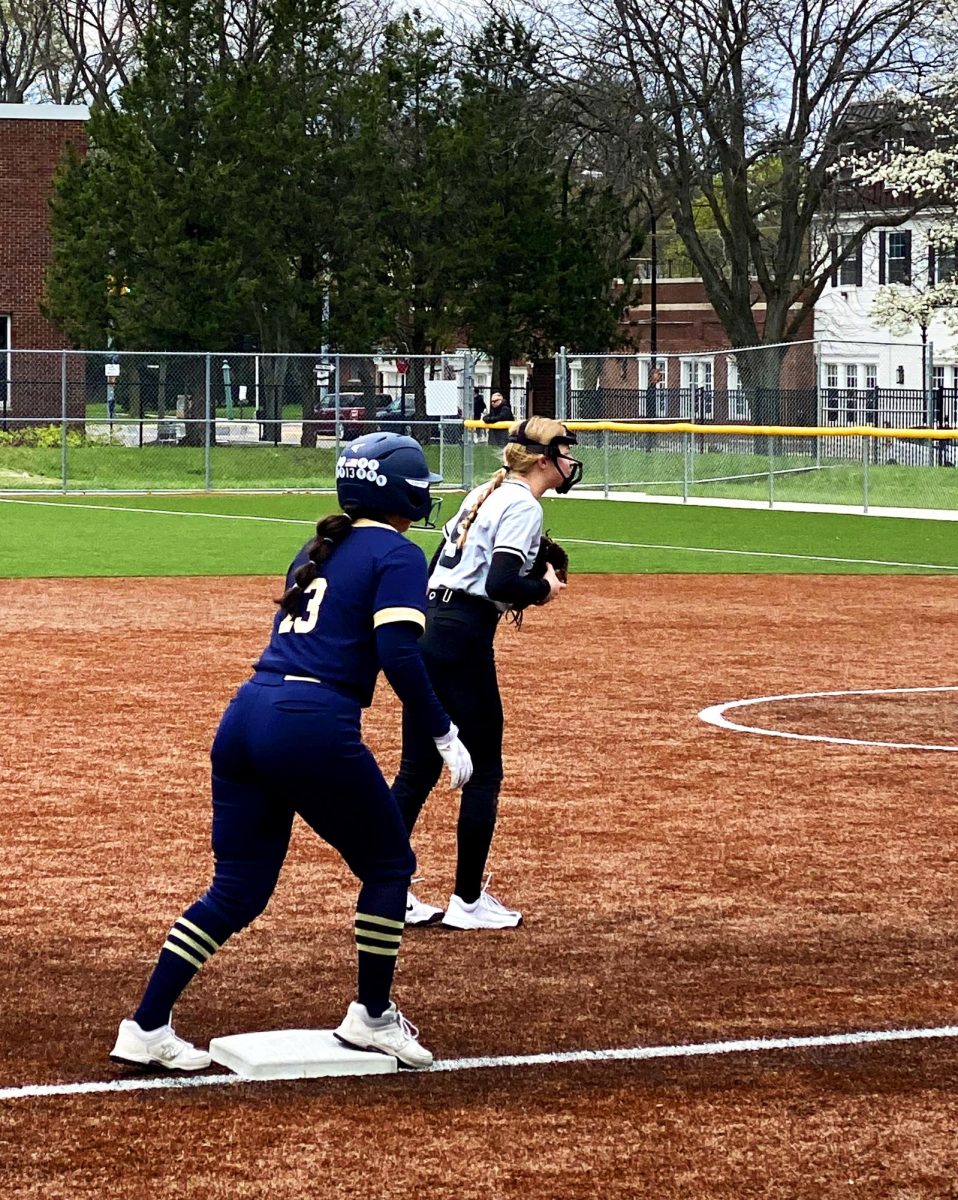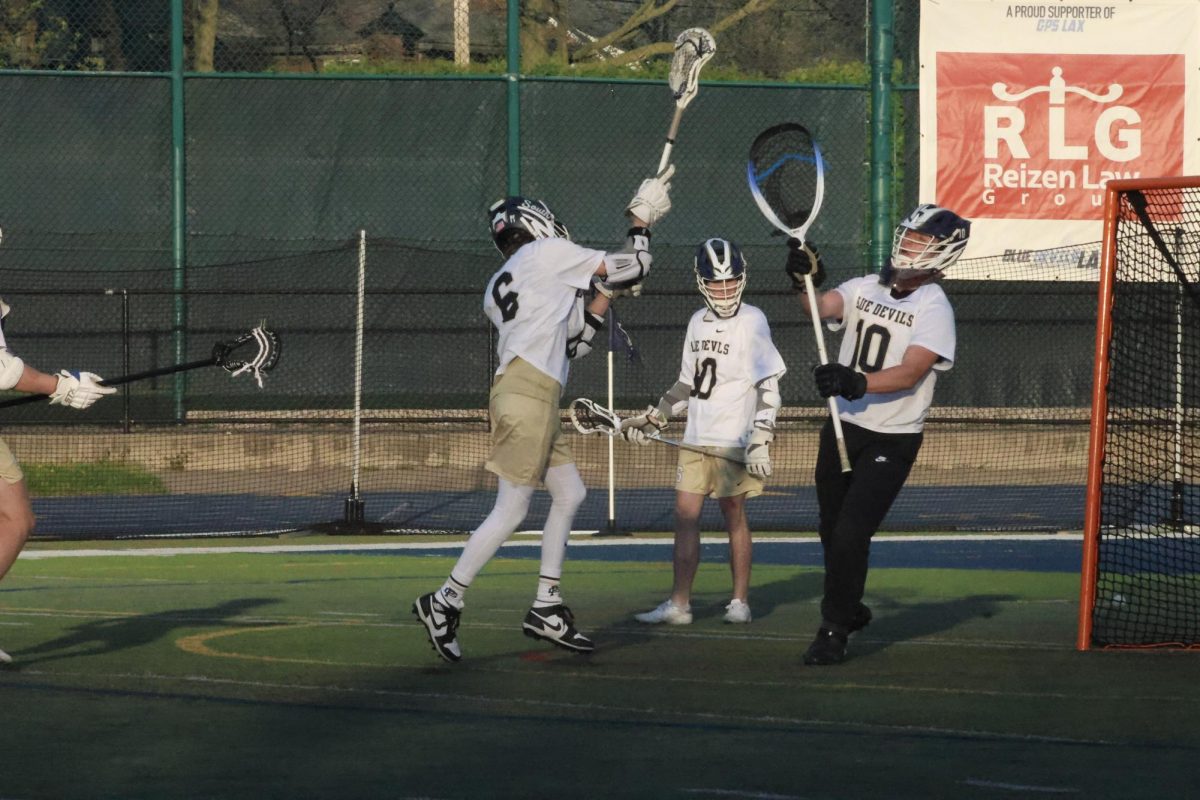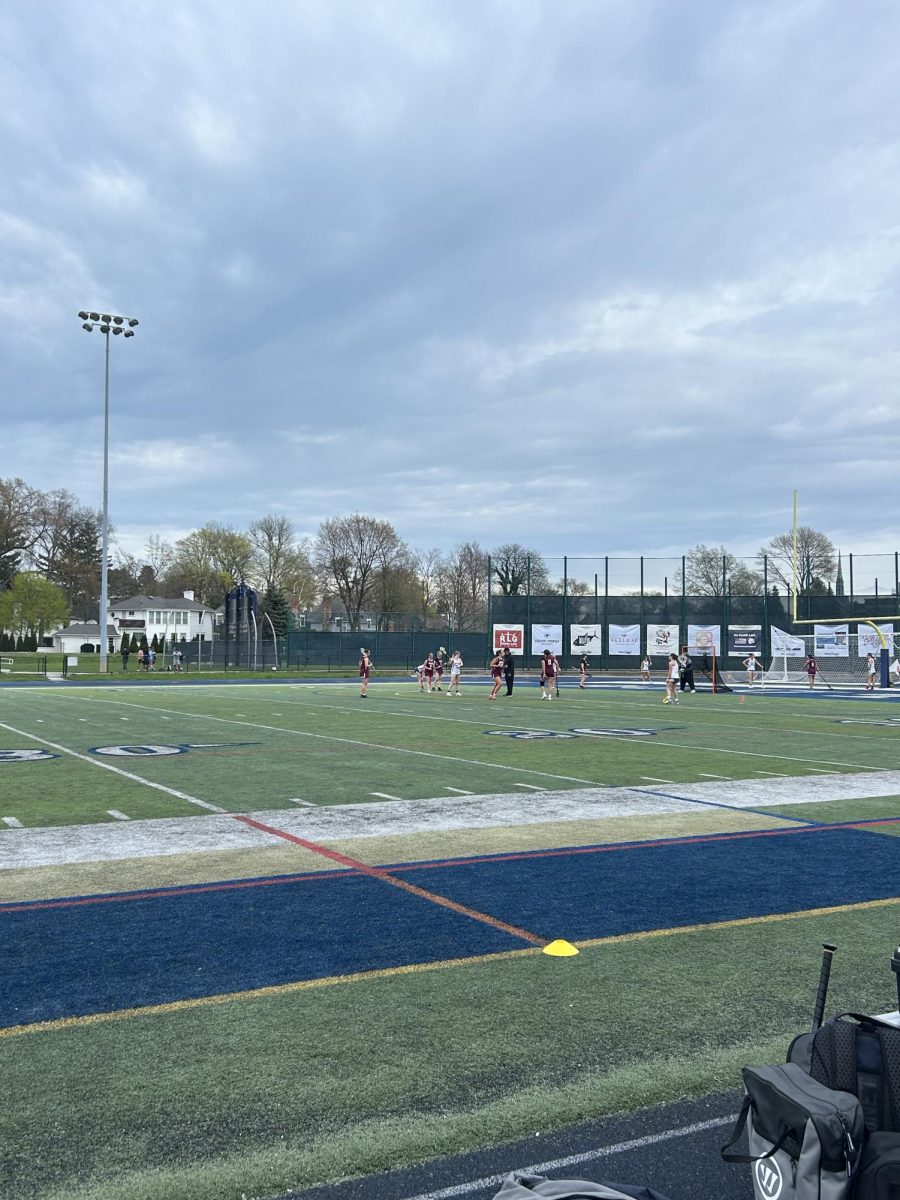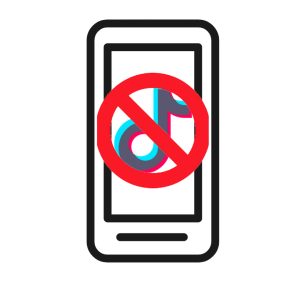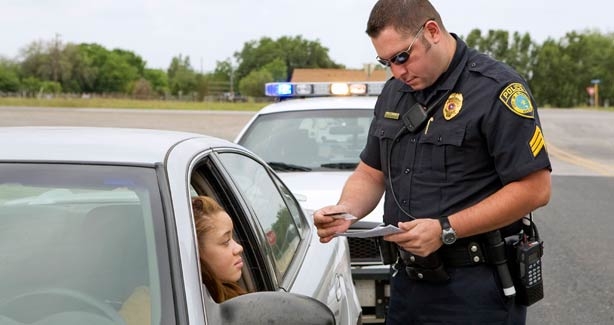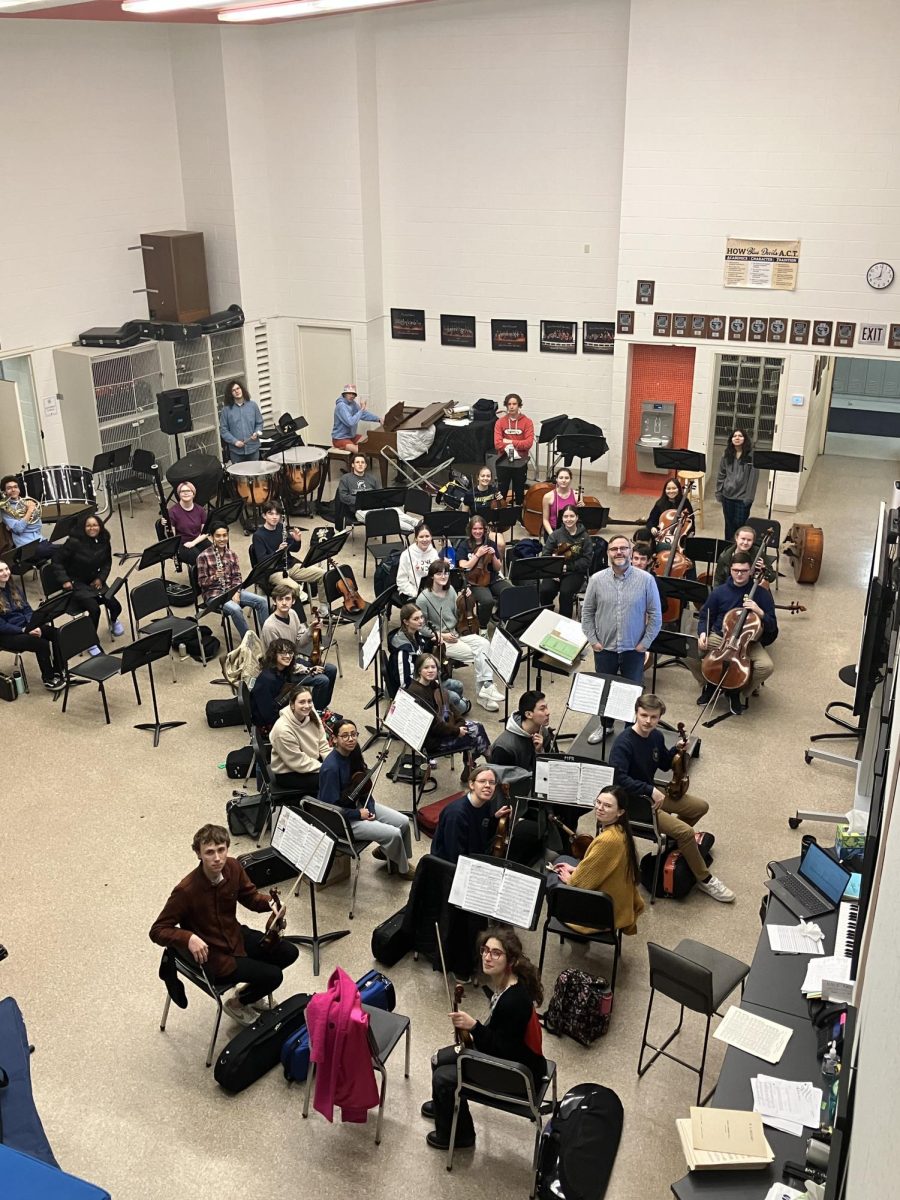Olivia Lang ’15 | Feature Editor
If Gov. Snyder makes the decision to sign a new bill into law, it might be a short time before teenagers are stripped of their ability to touch their cell phones while driving.
With the possibility of banning the use of cell phones for young drivers while on the road, the proposed law, labeled “Kelsey’s Law,” is awaiting Snyder’s signature, according to mlive.com. The Michigan Legislature passed the bill in a 74-33 vote on Friday, Dec. 15.
The bill, if approved, would prevent drivers with a Level 1 or Level 2 license from using their cell phones while driving. A Level 1 license is equivalent to a driver with a permit, and a driver possesses a Level 2 license until he or she turns 17 or six months after receiving their initial license. A driver cannot move on to the next level unless he or she is 90 days crash- and violation-free, according to Michigan.gov.
Kelsey Raffaele from Sault Saint Marie, Mich. died on Jan. 24, 2010 at 17 years old in a car accident when she was on her cell phone, according to her mother, Bonnie Raffaele’s blog. For the past year and a half, Bonnie Raffaele has been working to put Kelsey’s Law into action in Michigan. The bill passed in the Michigan Senate in March and in the House on Dec. 15, according to teensafedriving.org.
“Until they get the mechanics of driving, (Kelsey’s Law) is a good thing for novices,” said Kate Aretakis, the mother of Bennett Aretakis ’14.
Because Snyder has yet to approve the bill, local police have not received the specificities of the law and how to enforce it, Grosse Pointe Park Police Sergeant Colin Connaire said. The state police, if the bill is passed, will communicate to local police stations when Kelsey’s Law will become effective and how it is to be executed.
“It (Kelsey’s Law) would be a little tough to enforce,” said Connaire. “(The police would pull cars over) the same way we would investigate a curfew violation, someone that looks to be under a certain age.”
The bill provides for primary enforcement, according to handsfreeinfo.com. This means police officers do not have to have a separate reason for pulling a person over.
Level 2 licensed drivers, Scott Brooks and Taylor Peters both ’15, do not often use their cell phones while driving. Both Brooks and Peters received their licenses in August.
“I never use it (my phone) for anything, unless I’m getting a call from my parents, then I usually answer it if I am not on a busy street,” said Peters.
There are some people who if the bill is passed will not be affected significantly, Brooks said. However, it is not likely that many will follow the law in the first place.
“It would not really affect me because I don’t use my phone much in the first place,” said Brooks. “I don’t think people will follow it because teens don’t like to follow rules like this. If they want to text, they will.”
Even though it has been deemed illegal in Michigan, there is still a substantial amount of people who text while driving, Peters said.
“People still text and drive, which is against the law,” said Peters. “People don’t really realize how much talking on the phone really takes away your focus on driving.”
Studies have shown that even those who use hands-free devices to talk on the phone while driving is still dangerous. Forty percent of one’s attention is drawn away from driving when on the phone, according to studies performed by Carnegie Mellon’s Center for Cognitive Brain Imaging.
“It is a distraction just talking in general, even on Bluetooth because you’re concentrating on the conversation rather than on the road,” said Aretakis. “It’s more common sense than anything. The screaming loud music that we have, it’s just distracted driving.”
It is tough not to be in support of it, Connaire said. The bill was made to protect citizens, which is hard to dislike.
“As a parent, I would certainly be in favor of it,” said Connaire. “Anything that prevents accidents is tough to be against.”
Parent of Brian L’ Heureux ’14, Susie L’ Heureux is also in support of the law, she said. She believe if a new driver needs to make a phone call, they should not be driving.
“If they pull over and are in an emergency or something, they should be able to whip their phone out,” said L’ Heureux, “but not while they are driving.”
Some believe that Kelsey’s Law should not end with new drivers. Brooks said he thought it would be safer for everyone if the law extended to all drivers.
“It’s hard for everyone to use their phones and drive, not just teens,” said Brooks.
Despite the fact that she has a level 3 license, Aretakis said she makes an attempt to use her phone less while driving because of the outcomes it can have.
“I’ve curtailed my own talking on the phone,” said Aretakis. “I see how distracted I can become. It is always just not a good idea.”
Using the phone while driving does not involve only the culprit; others notice the poor effects it can have on one’s driving, L’ Heureux said.
“When you’re behind someone and they have sporadic driving, you’ll be like ‘I bet they’re on a cell phone,’” said L’Heureux. “The lane-weavers, and the real slow and then fast drivers, you can always tell when they are in an agitated conversation.”


